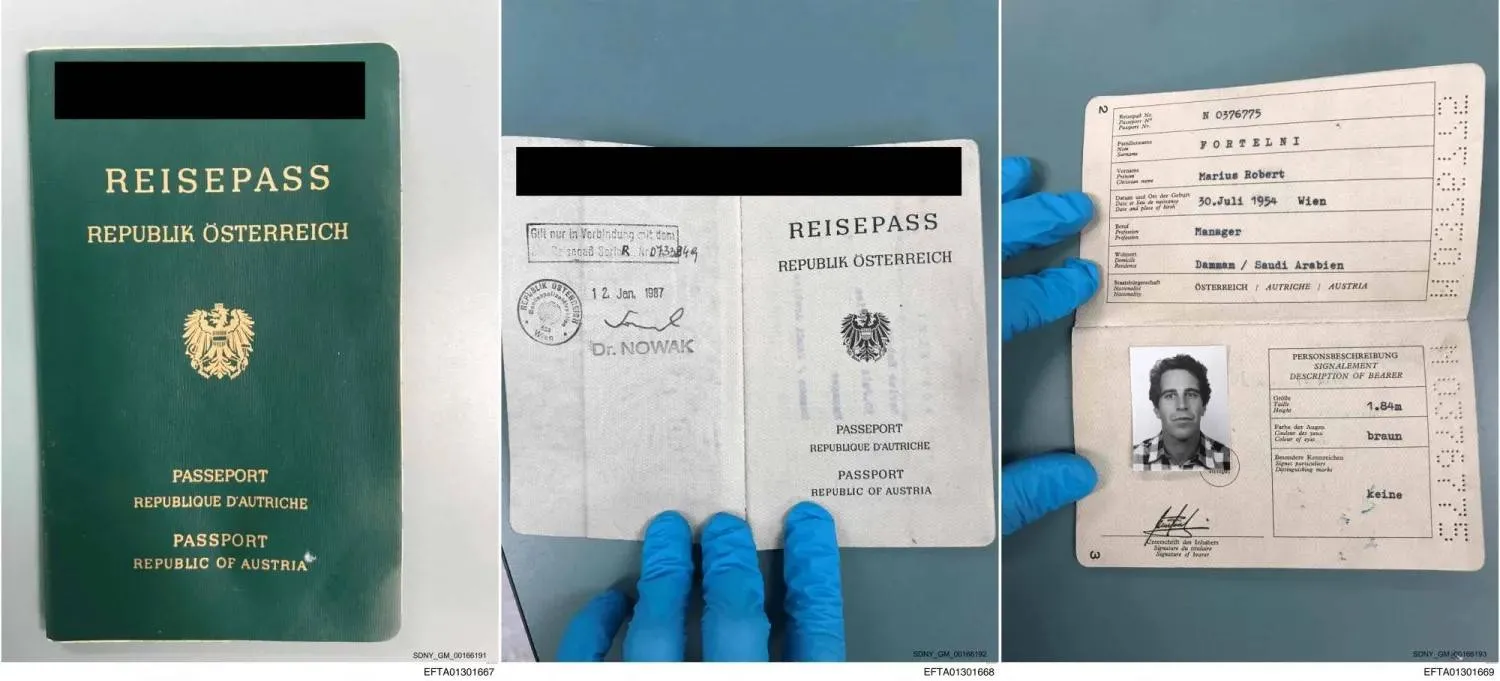A militant group claimed responsibility for the abduction of 12 Iranian security personnel and soldiers southeast the border with Pakistan, Iran’s semi-official news agency ISNA reported Monday.
"The terrorist group Jaish-ul-Adl has posted two photos... claiming that those in it are the forces abducted" on October 16, AFP reported. The photo shows seven members of Iran’s Revolutionary Guard Corps (IRGC) and 15 security personnel in their military garb.
Jaish-ul-Adl, formed in 2012, is a successor to the extremist group Jundallah which led the bloody rebellion between 2005 and 2010.
Poor Sistan-Baluchestan province, bordering Pakistan and Afghanistan, where a majority of Sunnis are ethnic Baluchis, has been battling clashes between regime forces and Baloch separatists or militant groups, according to AFP. The Sunni Baloch minority accounts for about 2 percent of Iran's population.
The photos also show a haul of automatic weapons and sniper rifles, rocket launchers, machine-guns, grenades and ammunition, apparently seized from the Iranian forces.
IRGC Ground Force Commander, Brigadier General Mohammad Pakpour, left for Pakistan on Monday to pursue the case of the kidnapped Iranians, according to an IRGC statement.
Meanwhile, Iranian Oil Ministry quoted Minister Bijan Zanganeh as saying that Iranian oil output cannot be replaced by other oil-producing countries if Tehran is hit by US sanctions in November, Reuters published in a report from Dubai.
“As I have repeatedly said there is no replacement for Iranian oil in the market,” said Zanganeh.
In May, US President Donald Trump pulled out of an international nuclear deal with Iran and announced sanctions against OPEC’s third-largest producer. Washington is pushing allies to cut imports of Iranian oil to zero and will reimpose sanctions on Iranian oil and financial sectors in November.
In June, OPEC agreed to boost supply to make up for the expected disruption to Iranian exports. But Iran has repeatedly said that its oil exports cannot be reduced to zero because of high demand levels in the market.
“The market’s knowledge of this inability has raised the prices as the average price (of crude) ... Rising oil prices have slowed down the economic growth of most of the consumer countries, which is affecting the global economy,” Oil Minister noted.
Zanganeh advised Trump “to forgo imposition of sanctions on Iran’s oil exports”, saying that the non-OPEC producers of oil were also unable “to offset disruptions in the market”.
US Treasury Secretary Steven Mnuchin, in an interview with Reuters on Sunday, dismissed concerns that oil prices could rise, saying the market had already factored in the losses.
Iran warned that if it cannot sell its oil due to US pressure, then no other regional country will be allowed to do so either, threatening to block the Strait of Hormuz, as referred by Reuters.
Under the 2015 nuclear deal, most international sanctions against Tehran were lifted in 2016 in exchange for Iran curbing its nuclear program.









